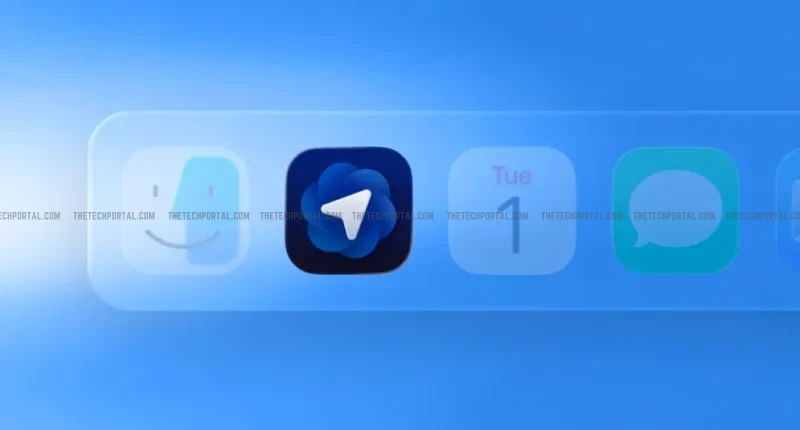OpenAI has launched ChatGPT Atlas, a new AI-powered web browser aimed at challenging popular browsers like Google Chrome and others. Built on the Chromium engine, Atlas is initially available for macOS, with plans to expand to Windows, iOS, and Android in the coming months. The browser integrates OpenAI’s advanced AI directly into the browsing experience, providing users with real-time assistance, contextual insights, and automated task capabilities.
One of the key features of Atlas is the ‘Ask ChatGPT’ sidebar. This tool allows users to interact with the AI while browsing any website, offering explanations, summarizations, and real-time answers to questions without needing to switch tabs or open separate tools. For example, users can quickly get the main points from long articles, compare product details while shopping online, or clarify complex information on research pages. Mainly, the sidebar is designed to provide context-aware assistance.
Atlas also introduces an ‘Agent Mode’, powered by OpenAI’s Operator AI agent. In this mode, the AI can autonomously carry out complex tasks on behalf of the user. This includes activities like booking reservations, filling out online forms, and completing multi-step processes across different websites. Clearly, by automating these tasks, Atlas reduces repetitive work for users and allows them to complete the tasks in less time.
The browser’s interface also includes a split-screen view, which shows both the web page and a live ChatGPT dialogue side by side. This setup enables users to interact with the AI while keeping the main content visible. Additional features include ‘cursor chat’, which allows in-line text editing and interaction, memory capabilities for personalized user experiences, and full webpage summarization tools that reduce long content into concise insights.
Technically, ChatGPT Atlas leverages the Chromium engine for fast and reliable browsing while embedding the AI trendsetter’s AI models. The integration of AI directly into the browser enables it to provide real-time suggestions and automate tasks, a significant shift from traditional extensions or external AI tools. Importantly, by combining speed, familiarity, and intelligent assistance, Atlas aims to redefine the modern web experience.
The timing of this launch is notable, as the race for AI-powered browsers is intensifying. Several tech companies and startups are working on adding advanced AI to everyday web browsing. And now OpenAI’s entry with ChatGPT Atlas positions it directly against established players like Google Chrome and Microsoft Edge (with Copilot Mode), which have already introduced AI-enhanced features. It also competes with emerging browsers like Perplexity’s Comet, which was recently made free for users worldwide.
But apart from intense competition, the Sam Altman–led company is also facing several internal challenges. The AI giant is struggling with financial pressures, including high computing costs and the ongoing pursuit of profitability, as well as legal issues (like a recent case filed by Elon Musk’s xAI accusing the company of stealing trade secrets). Even in June 2025, a research study revealed that a significant number of custom GPTs (around 750) were found to be collecting user conversational data, raising privacy and data safety concerns.
The Tech Portal is published by Blue Box Media Private Limited. Our investors have no influence over our reporting. Read our full Ownership and Funding Disclosure →




